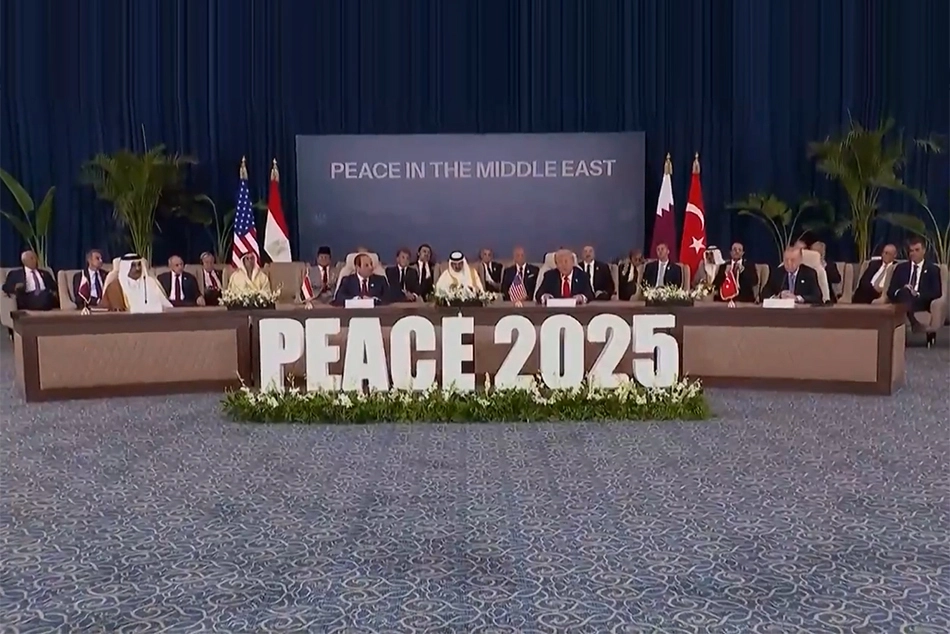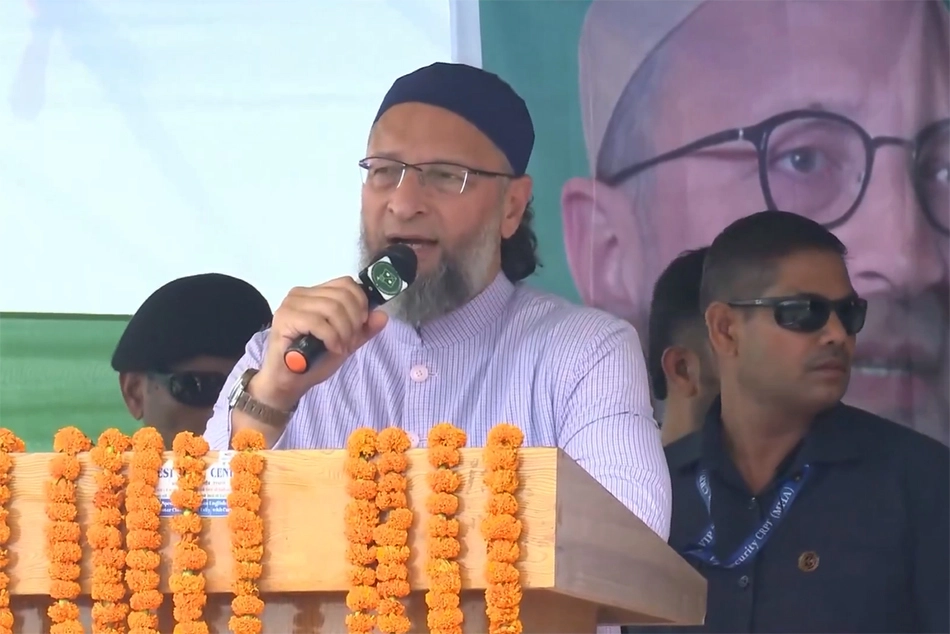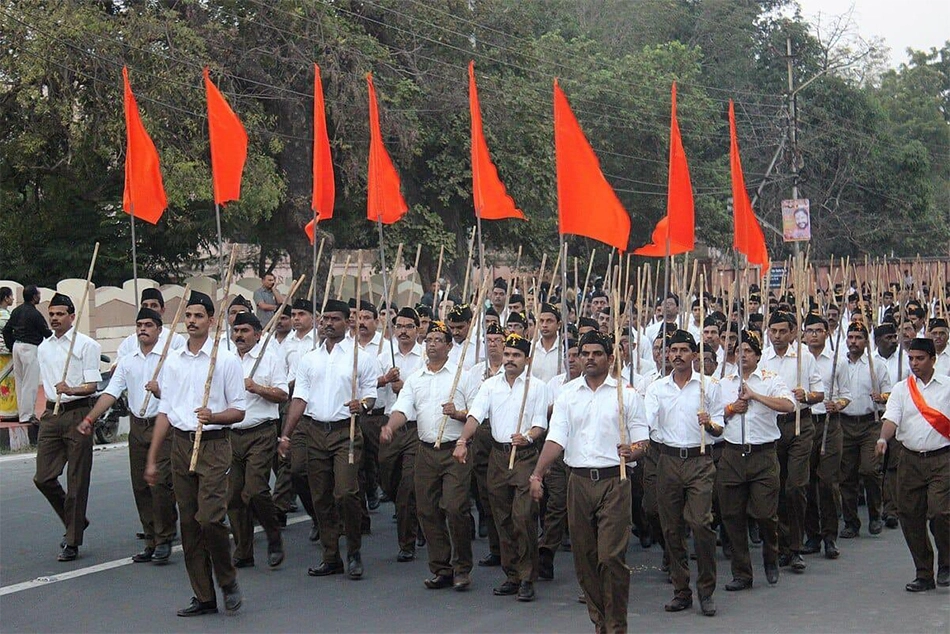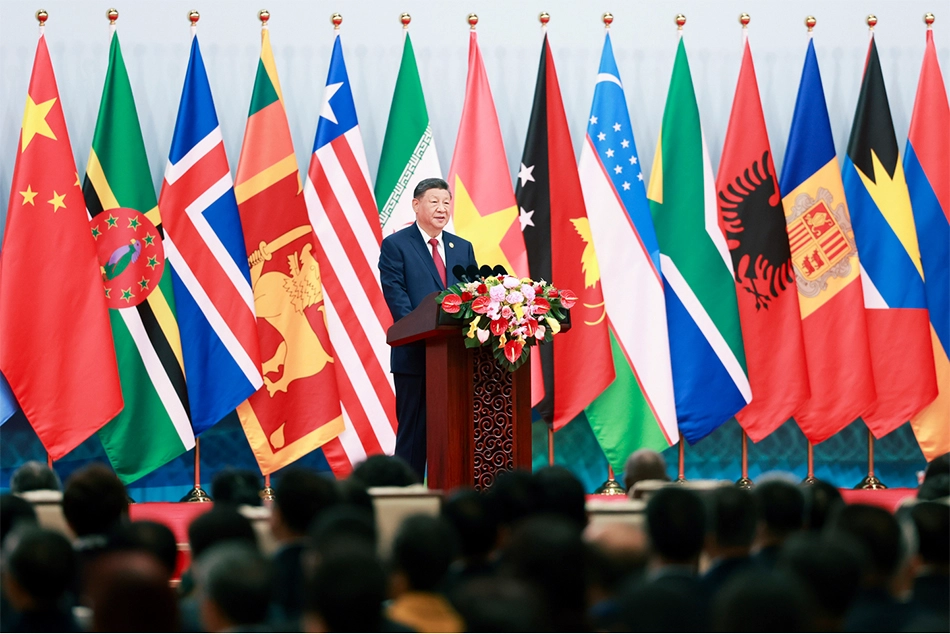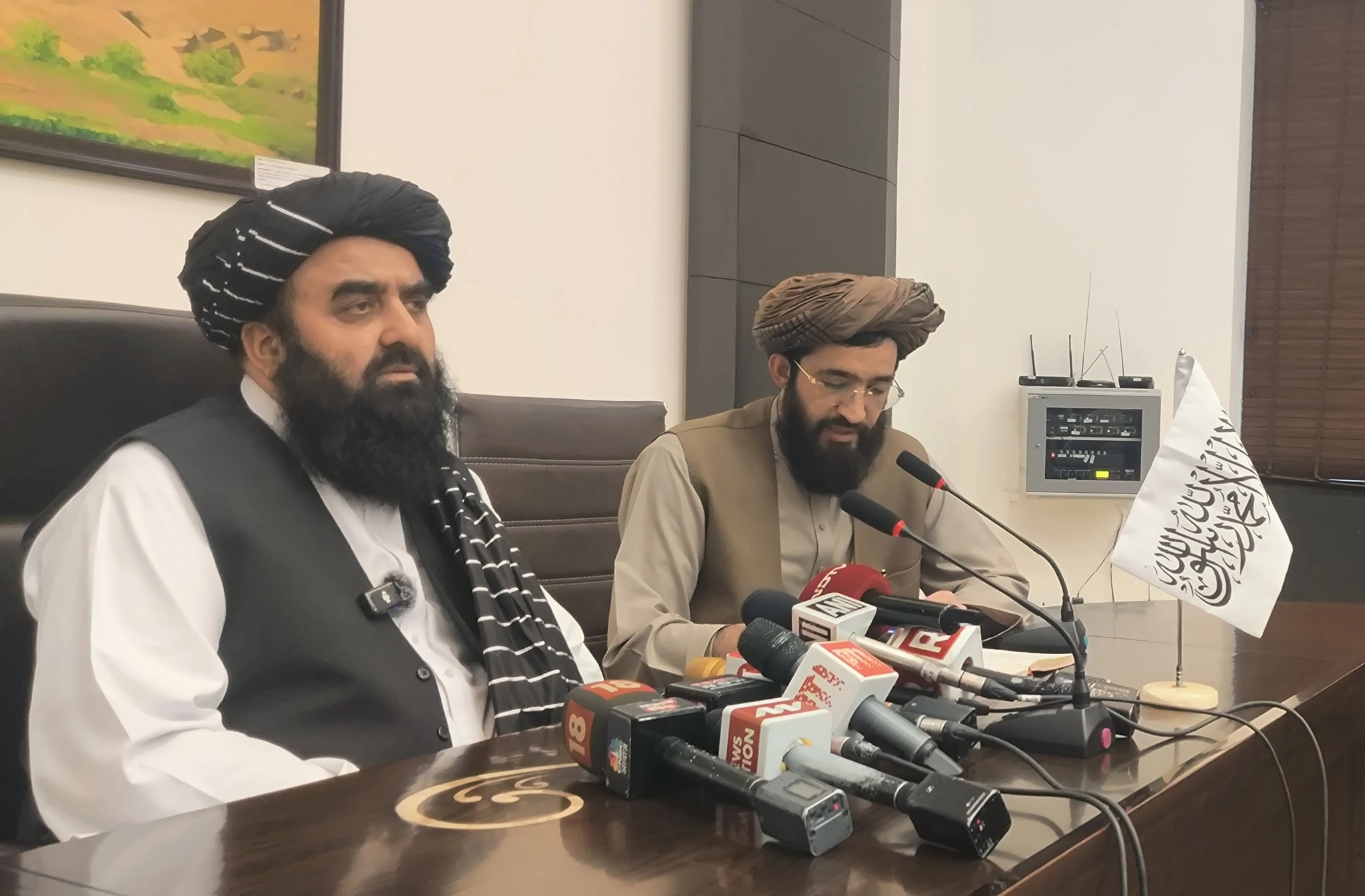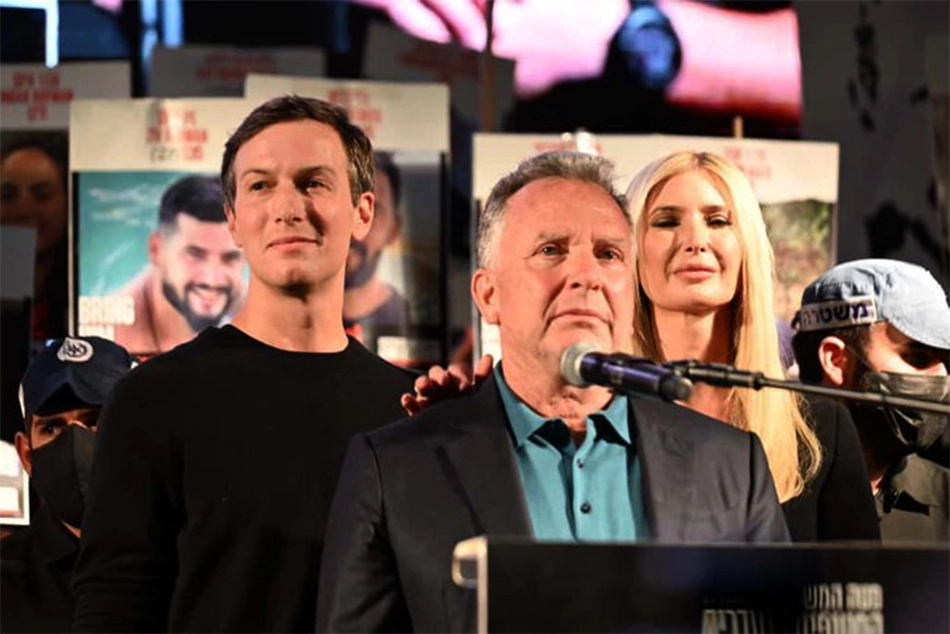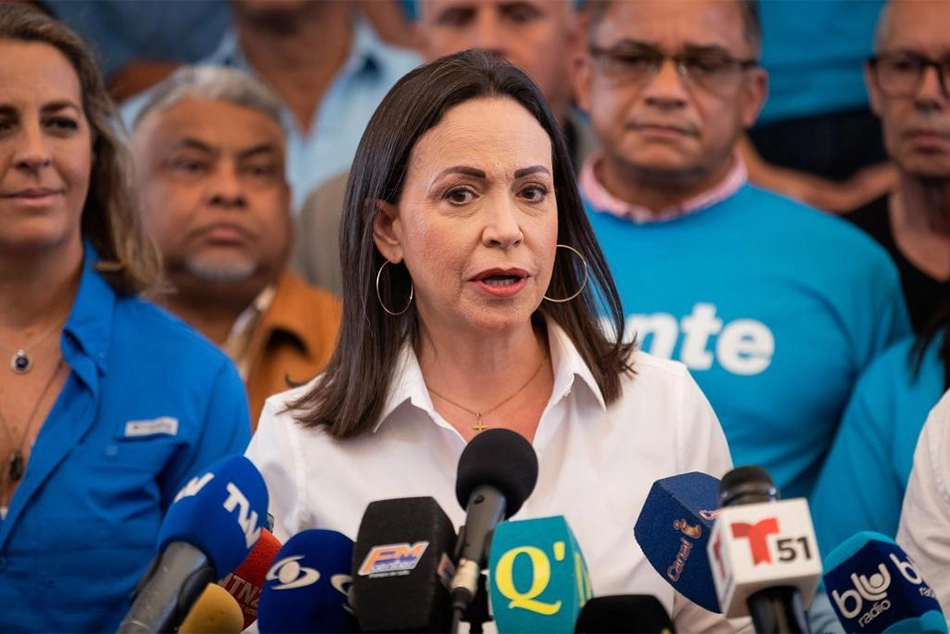
Karnataka Socio Economic Survey: The Murthys set a poor example
By refusing to participate, Sudha and Narayana Murthy of Infosys not only trivialised a serious and much-needed public initiative but also set a poor example
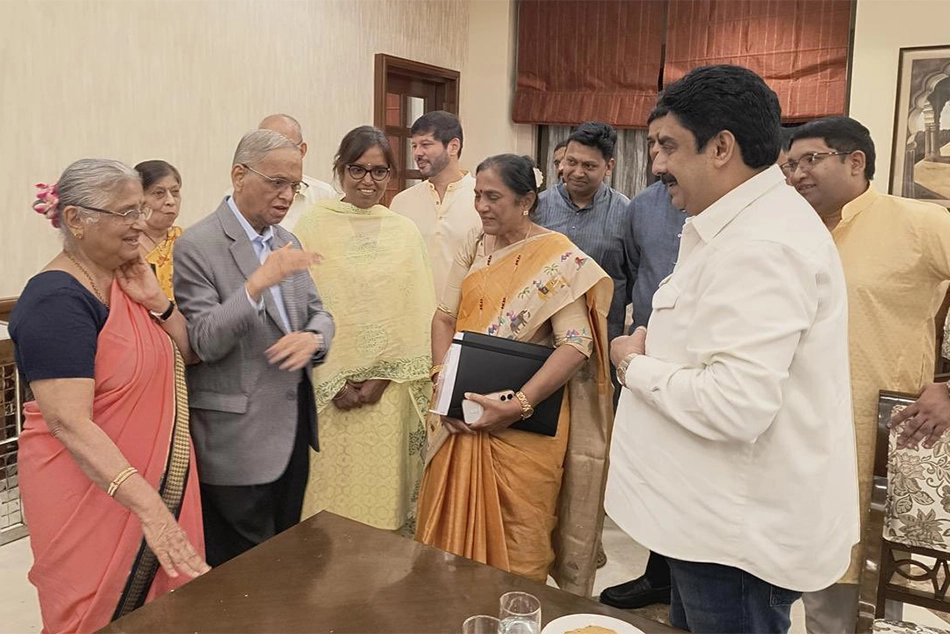
[Sudha and Narayana Murthy in a recent meeting with MPs in New Delhi (File image)]
Some people are always in the headlines, sometimes for the wrong reasons. The recent episode involving Bengaluru’s celebrity couple, the Murthys, is one such case. Newspapers were quick to report that they had refused to take part in the socio-economic survey initiated by the Karnataka government. Their refusal was not merely a quiet act of dissent — it came with a tone of pride and a sense of moral justification. They even issued an open statement explaining that they had chosen not to participate because they did not belong to any “backward community.”
But what led them to that conclusion?
Perhaps they assumed that since the Karnataka State Backward Classes Commission was conducting the survey, it was meant only for those from the backward classes. That assumption, sadly, misses the entire point. The survey’s purpose is to gather data on the socio-economic and educational conditions of all people residing in the state, not just a particular section. It’s an exercise in understanding the broader picture of Karnataka’s population, vital for shaping inclusive policies and welfare measures. The government had publicly clarified this through the media and official statements.
By refusing to participate, the Murthys not only trivialised a serious and much-needed public initiative but also set a poor example. When people in positions of influence take such stands, their actions carry weight. Celebrities command massive followings; their choices have a ripple effect that extends far beyond their own households. Whether they like it or not, their decisions often guide the attitudes and behaviours of others. It’s not difficult to imagine that some citizens who had intended to take part in the survey may now feel emboldened to refuse, citing the Murthys’ example. That’s unfortunate and avoidable.
Those who hold public offices, in particular, have an even greater responsibility. A Rajya Sabha member’s role is not just ceremonial; it carries moral weight and public expectation. Citizens look to them for example, not exemption. Participation in a civic exercise like this should have been a simple matter of responsibility and solidarity.
I can speak from personal experience. I took part in the survey yesterday. The enumerator, who visited my home, was polite, patient, and professional. He had clearly been through a difficult few days. He mentioned that some people had rejected his request outright, and in some cases even behaved rudely. The questions he asked were straightforward: details about the family, education, occupation, religion, and marital status. There was nothing intrusive or inappropriate; it was just routine information that any responsible citizen could easily share. It took a little time, mainly because the Aadhar verification system was slow that day. However, delays like that are minor inconveniences compared to the importance of the exercise.
When the survey ended, I wished the enumerator well. He told me he had a daily target to meet, and that failure to achieve it could result in punitive action. It reminded me how often we overlook the pressures these ground-level workers face. Sometimes, in our self-absorption or frustration with the government, we take it out on people who are merely doing their jobs.
One recent incident in Bengaluru highlighted this problem starkly. An enumerator was reportedly confined unlawfully by a resident. Such behaviour is not just unacceptable, it undermines the very spirit of civic cooperation. Yes, participation in the survey is voluntary, and people have the right to decline. However, refusal should come from an informed understanding, not ignorance or misplaced pride.
Ironically, the survey in India’s IT capital has also been hampered by technical glitches. For a city that prides itself on technological innovation, it’s surprising that data collection software and systems have been so unreliable. This, of course, is something the government must urgently address. Efficient technology and proper training could have prevented many of these issues, making the process smoother for both enumerators and participants.
Unfortunately, what should have been a constructive exercise has become another political battleground. From the outset, several BJP leaders dismissed the survey as pointless and announced they wouldn’t participate. Their comments, amplified through social media and news channels, gave the issue a partisan colour. That political posturing may have influenced others, especially among Bengaluru’s elite circles.
The Congress government, meanwhile, finds itself in a familiar position — having to battle not just political opponents, but also a powerful business and tech community that tends to be more sympathetic to the BJP. Criticism of civic infrastructure or governance is always louder when Congress is in power, and conveniently subdued when the BJP runs the state.
Understandably, governments should be held accountable. However, accountability is a two-way street. Citizens, too, bear a responsibility. We expect the government to provide efficient services, quality education, clean roads, safety, and infrastructure. But those expectations ring hollow if we can’t extend basic cooperation for public-good initiatives. At the very least, we can participate in efforts that help the government gather accurate data to plan more effectively.
The government must also ensure that these exercises are transparent, well-organised, and free from inconvenience. People’s cooperation grows when they see systems that work smoothly and respectfully. Civic trust, once lost, is hard to rebuild, and that’s something both citizens and governments must remember.
Public figures admired by millions must recognise their moral influence. Refusing to participate may seem private, but it sends a public message that weakens collective responsibility. Sometimes, setting an example is as simple as saying yes to the public good.
For all the noise around the survey, its goal is simple: to understand Karnataka’s people in all their diversity. That understanding is possible only when everyone participates, regardless of status or ideology. Cooperation, not cynicism, strengthens democracy. If citizens and governments come together occasionally, setting aside politics, public life would be far richer. The Murthys’ refusal may have made headlines, but it shouldn’t define Karnataka’s civic spirit. The state deserves better—from its leaders, and from all of us.
[The writer, P John J Kennedy, is an accomplished academic and former dean of a prestigious Bengaluru university. Through his columns, he offers sharp, thoughtful commentary on education, politics, and society.]
Follow ummid.com WhatsApp Channel for all the latest updates.
Select Language to Translate in Urdu, Hindi, Marathi or Arabic
